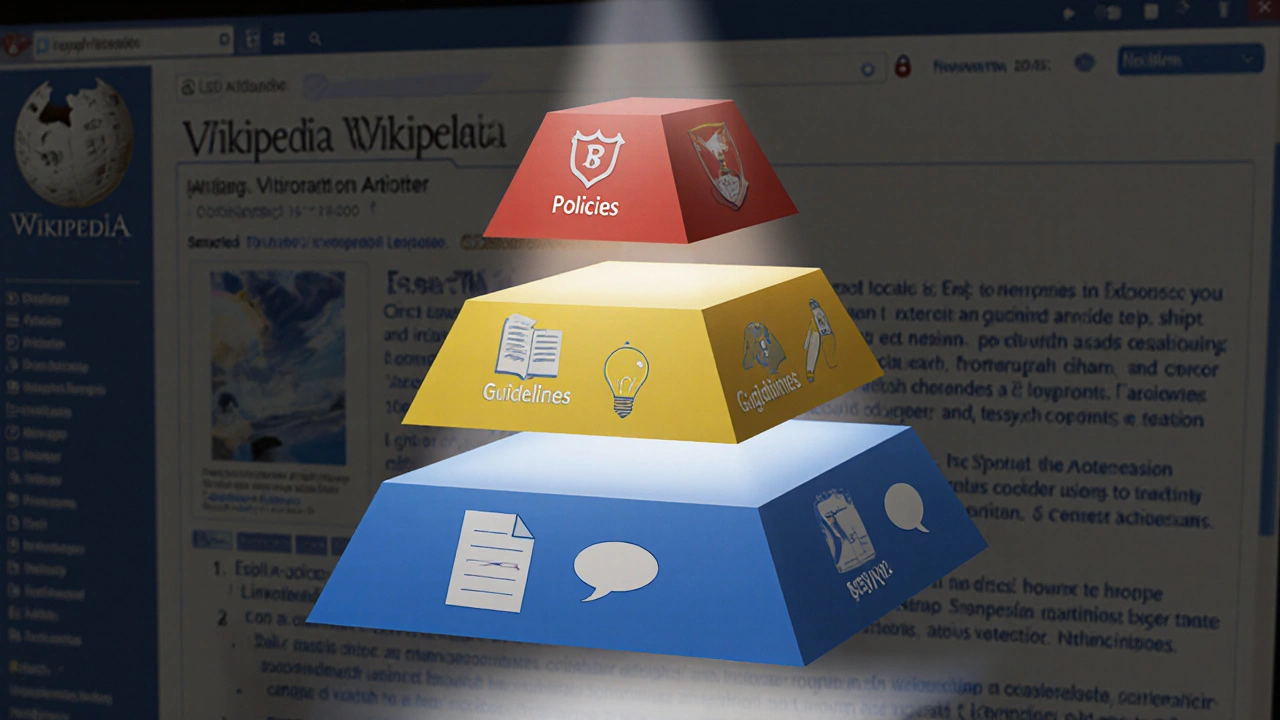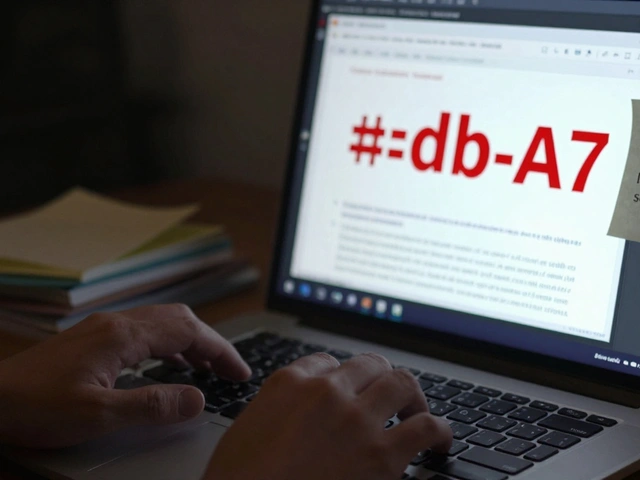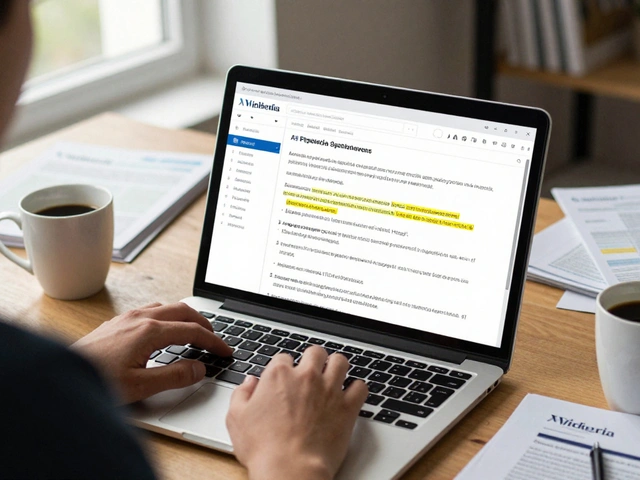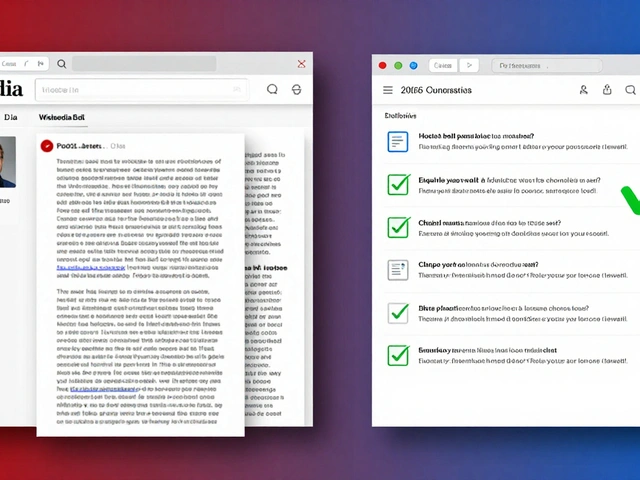Wikipedia rules: How policies shape the world's largest encyclopedia
When you read a Wikipedia article, you're seeing the result of Wikipedia rules, a set of community-driven policies that govern how information is added, checked, and maintained. Also known as Wikipedia policies, these aren't top-down laws—they're agreements written and refined by millions of volunteers over two decades. Without them, Wikipedia would be chaos. With them, it's the most trusted reference site on the planet—even when AI tries to copy it.
These rules aren't abstract. They show up in how editors pick sources. Reliable sources, books, academic journals, and established news outlets that have editorial oversight are the gold standard. Primary sources like personal blogs or press releases? Usually not enough. That’s why a medical article won’t cite a tweet from a doctor—it needs a peer-reviewed study. And when two editors disagree? Consensus building, the process of finding common ground through discussion, evidence, and policy kicks in. No voting. No shouting. Just calm, sourced dialogue. That’s how Wikipedia avoids becoming a battleground.
Wikipedia rules also stop bias. The due weight policy makes sure minority views aren’t ignored—but only if they’re backed by reliable sources. The no original research rule keeps editors from inserting their own opinions. And the neutral point of view policy forces everyone to present facts fairly, even on hot-button topics. These aren’t optional. They’re enforced daily by volunteers who patrol edits, revert vandalism, and lock pages when things get messy.
What you won’t see in most articles are the quiet systems behind the scenes: watchlists tracking changes, copy editing drives clearing outdated text, and task forces fixing gaps in coverage for Indigenous communities, women scientists, or local history. All of it runs on the same foundation—Wikipedia rules. They’re not perfect. They’re debated constantly. But they work. And they’re why you can trust what you read here more than you can trust most AI-generated summaries.
Below, you’ll find real stories from inside Wikipedia’s engine room: how policies are applied, challenged, and improved by the people who keep it running. No fluff. Just how the rules actually play out in the wild.
Wikipedia Guidelines vs Policies: How the Hierarchy Actually Works
Wikipedia's rules aren't random-policies are mandatory, guidelines are advice, and essays are opinions. Learn how the hierarchy keeps Wikipedia reliable and how to edit without getting blocked.





